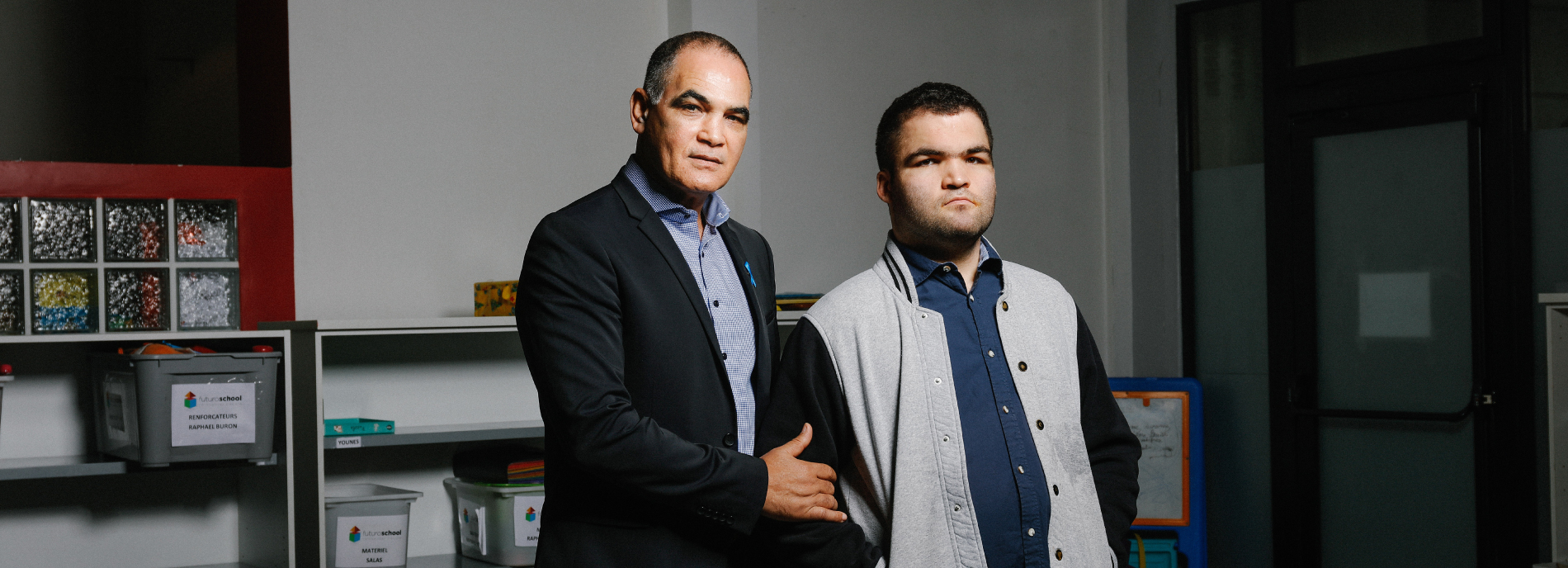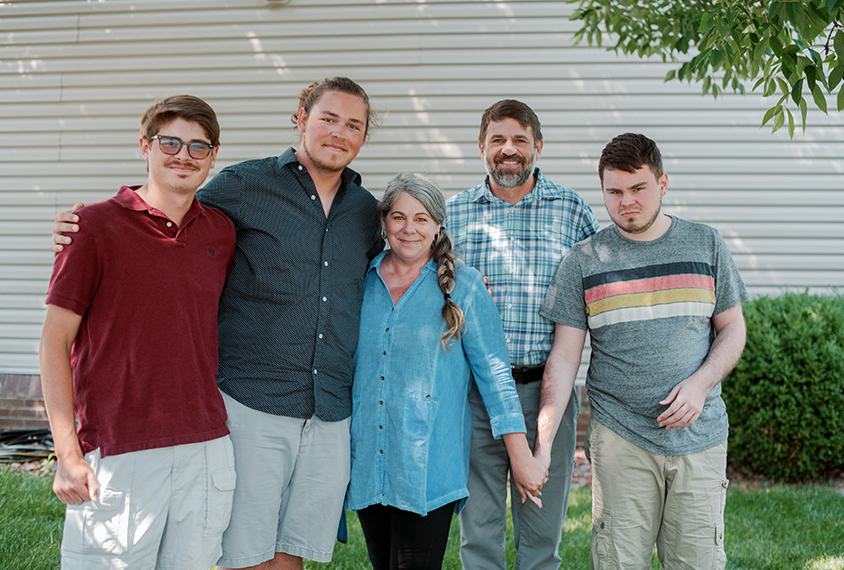Marta Zaraska is a freelance science journalist whose work has appeared in The Washington Post, Scientific American and The Boston Globe, among other publications. She has written two literary novels and contributed to two travel books published by National Geographic. Her nonfiction book “Meathooked: The History and Science of Our 2.5-Million-Year Obsession With Meat,” was published in 2016 by Basic Books and chosen by Nature as one of “the best science picks” in March 2016.

Marta Zaraska
From this contributor
Moving for autism care
Disparities in state services for autism are driving families to relocate. But not everyone can afford to move, and others find that their new home also has faults.
The problems with prenatal testing for autism
As prenatal testing improves, it presents a host of thorny issues — from what to test and how to interpret the results, to what to do about them.

The problems with prenatal testing for autism
Europe’s race to ramp up genetic tests for autism
Many countries in Europe are reckoning with the growing demand for genetic tests for autistic people — and the accompanying ethical and scientific considerations.

Europe’s race to ramp up genetic tests for autism
France faces down its outdated notions about autism
After lagging behind other countries for decades, France is working on a new national plan for autism.

France faces down its outdated notions about autism
Explore more from The Transmitter
Machine learning spots neural progenitors in adult human brains
But the finding has not settled the long-standing debate over the existence and extent of neurogenesis during adulthood, says Yale University neuroscientist Juan Arellano.

Machine learning spots neural progenitors in adult human brains
But the finding has not settled the long-standing debate over the existence and extent of neurogenesis during adulthood, says Yale University neuroscientist Juan Arellano.
Xiao-Jing Wang outlines the future of theoretical neuroscience
Wang discusses why he decided the time was right for a new theoretical neuroscience textbook and how bifurcation is a key missing concept in neuroscience explanations.
Xiao-Jing Wang outlines the future of theoretical neuroscience
Wang discusses why he decided the time was right for a new theoretical neuroscience textbook and how bifurcation is a key missing concept in neuroscience explanations.
Memory study sparks debate over statistical methods
Critics of a 2024 Nature paper suggest the authors failed to address the risk of false-positive findings. The authors argue more rigorous methods can result in missed leads.

Memory study sparks debate over statistical methods
Critics of a 2024 Nature paper suggest the authors failed to address the risk of false-positive findings. The authors argue more rigorous methods can result in missed leads.
